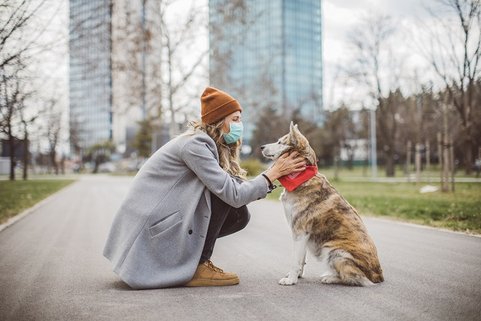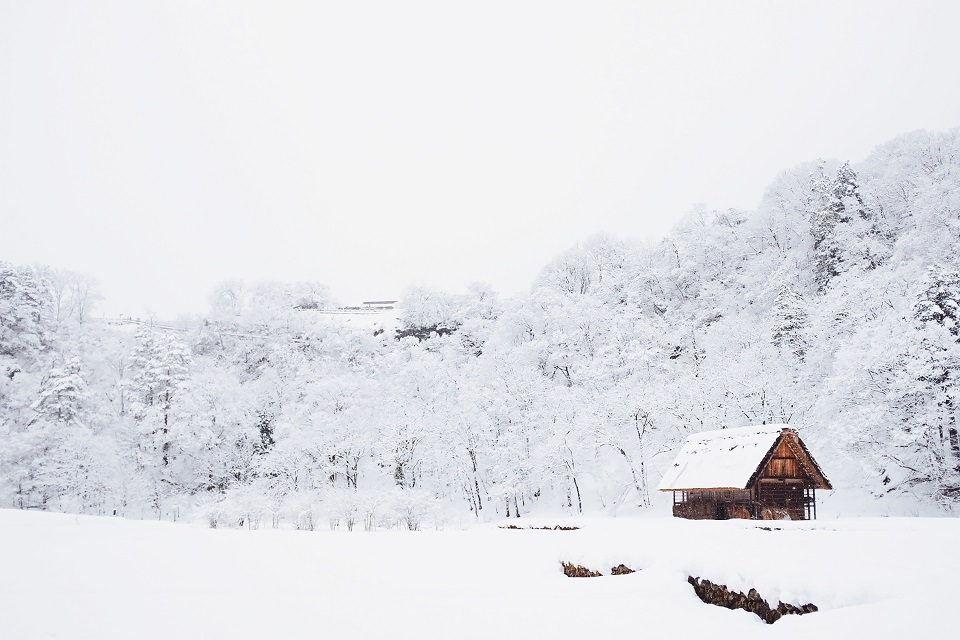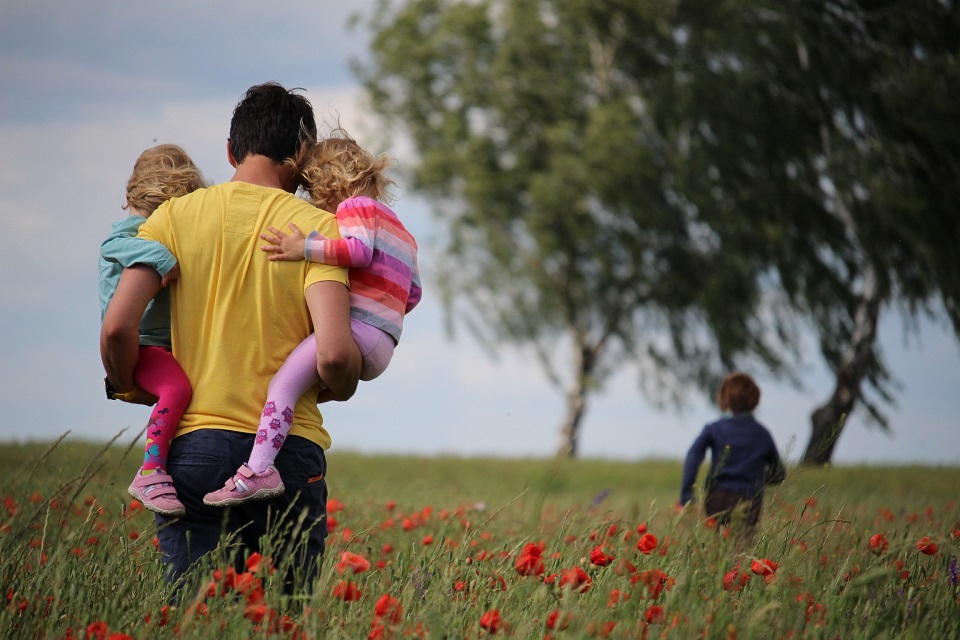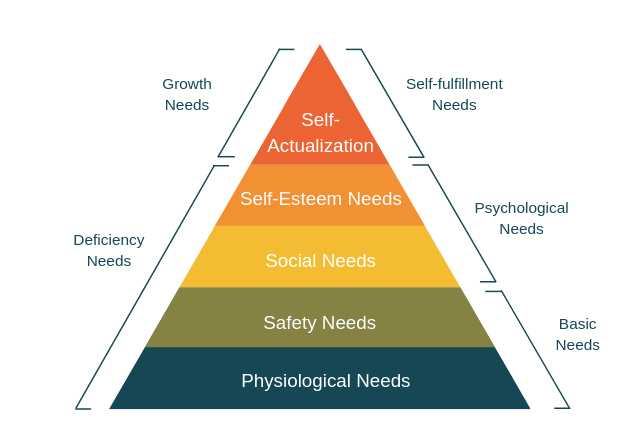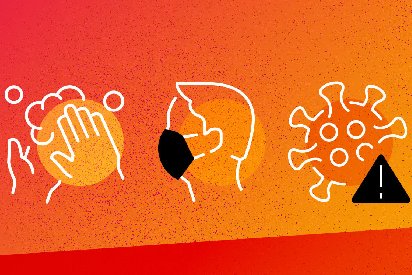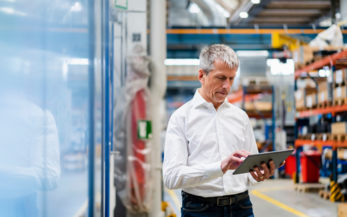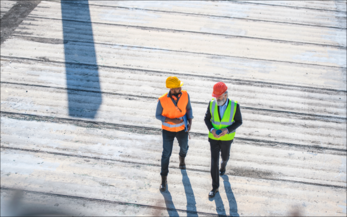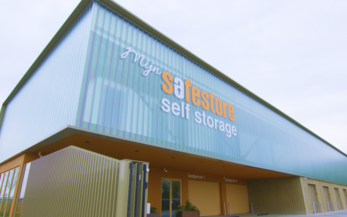15 minutes02/15/2021
Written by Timo Kronlöf
Corona, fear and social distancing have separated us. They limited our private and professional lives. Right? Let me show you the opposite. Follow me, my family and company on a journey and learn how positivity survives even the hardest of times. You will get some unusual insights into and use cases for health and safety theories.
Finland – April 2020
When I look out my window, I’m greeted by a white field. The nearest neighbors are hundreds of meters away. Everything is quiet and peaceful. It feels like the long-awaited winter has finally come to Finland and that I am on my ski holiday. But I am not. In reality, spring has long since blossomed, and I am on Corona lockdown in my remote office.
As recently as the beginning of March, I was still working at Quentic's Helsinki office, almost as usual. Just over a week earlier, to my great disappointment, the traditional Finlandia marathon skiing event had been canceled. Not because of Corona, but due to the lack of snow. Now, in early April, when even the Olympics and the European Football Championship have had to be postponed, it sounds crazy that a mass skiing event with thousands of people side-by-side was very recently canceled without any dramatic comments about the ongoing pandemic.
On March 11th, I had an in-person appointment with my bank that went quite normally, although I remember the conversation already revolving very much around the Corona virus. Regarding work, I had switched completely to remote office. March 12th was the last day our children went to kindergarten. From this day forward, events began to transpire very quickly.
A good starting point in this crisis
We moved to a practically completely isolated detached house, just over an hour away from the city in the countryside. Coincidentally, last fall we renovated our old garage here and made it into a fully functional remote office, complete with an electric desk, screens and office chairs. Undeniably, this was incredibly good timing. The former farm, which my wife’s parents still use occasionally all year round, has been our base since the pandemic started. The only physical contact we have with the outside world is when we go grocery shopping twice a week.
